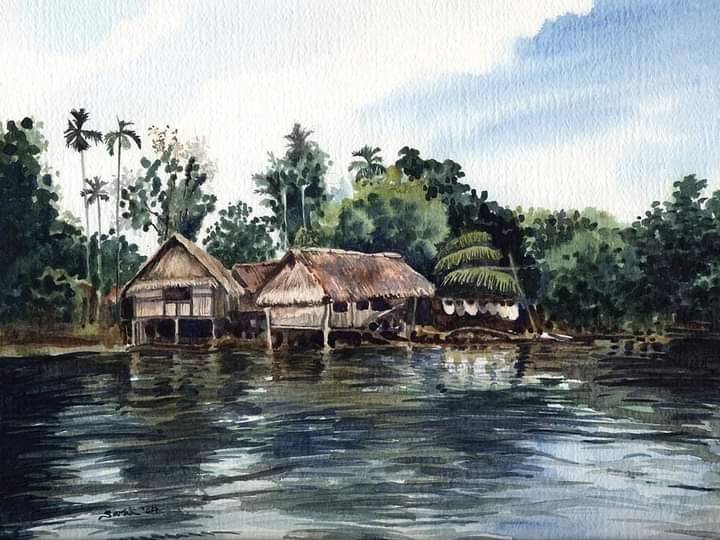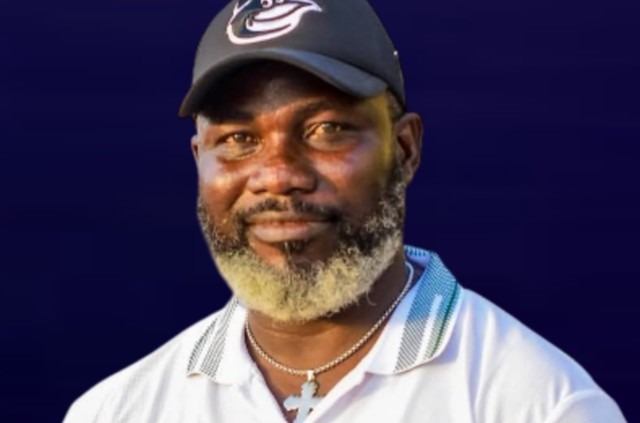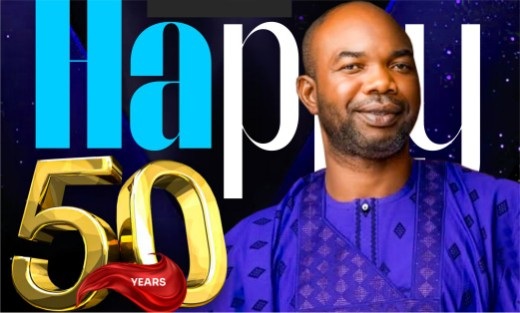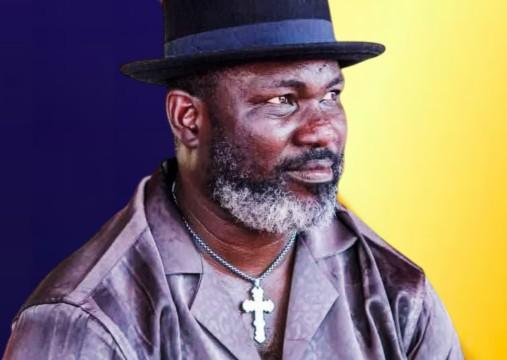THE COWARDS AMONGST US By Abai Francis

Tamar walked to where her daü was relaxing, as usual, in his favourite spot under the Bekeburu tree. She stood before him waiting to receive his permission to speak. As always her daü doesn’t like anyone interrupting his quiet time. In fact, he had made it a sort of taboo for anyone to sit on the wooden kasî he had made for himself under the tree. According to him, it was his own private shrine where he consults with nature.
“Yes,” he beckoned on her after taking a sip of the local gin from the okò in his hand. “What is it again my peace breaker? Don’t tell me you need another dolor for your tuition fees because like I told you it is going to take two market days before I can come through,” he reminded her.
“No Dada,” Tamar replied. “I just want to ask you a question that has been bothering me for some time now.”
“Okay. Go ahead,” her father responded to her request with a wave of his hand.
“Ehmmm… Dada, why is it that poverty brings us together but riches tear us apart?”
Her daü who was resting on the kasì slowly sat upright. Tamar has always been a quiet child, hardly the type to start a conversation. He had sensed her to be very intelligent but at the age of 14 years, why would she be asking such a sensitive question, he thought to himself as he looked at his iyoro-torbor who was doing all she could to avoid his gaze.
“Sit down,” he commanded her almost in a whisper.
After she has taken her seat in another kasì nearby, he inquired, “Why do you ask such question eni torbor?”
“Dada, please don’t be offended. I overheard your conversation with eyin the other night, the day before yesterday to be precise. I heard your lamentations on how you struggled to sponsor uncle to school and even gave all you had just for him to have a bright future," Tamar said.
"But now that uncle has become opú-keme I heard you telling eyin that he has been behaving very funny; how he is building a dúbà ware in the city and you didn’t know until a friend told you incidentally about it.
"And when you asked uncle, he said he wanted to surprise you. Also, you attested some time ago during one of your visits how uncle bought his wife a new car. Yet, he complained of no dolor when you needed help to enroll me in school last January and to fix the leaking roof of our waré.
'You said so many things that I began to wonder if it is really the uncle you helped, who, when poor was close to us, but now that he has become an opú-keme he is very far from us. Or Dada, did you in any way offend him?” Tamar asked.
Her daû heaved heavily when she has finished speaking. He gazed down on the kiri for some few seconds. Then he looked up at his daughter and relaxed himself on his kasí once again. Then he began his sermon to her.
“Eni torbor, they say money changes a man, but I say that is a fallacy. Dolor doesn’t change anyone; people are just who they are. Their true nature is only revealed when they have achieved something big in life.
"Many people you see today are living a fake life, fooling others in pretense; some pretend today to be loyal to you or that they love you because of what they want to gain from you. But as soon as they get what they want from you, they behave like ögun (smoke): they become shapeless and float away leaving you on your own.
“As for your uncle, I don’t recall any offence I or your eyin committed against him, Tamara is our witness. I don’t recall us giving him any hard labour beyond his capability or that we were hash in any way towards him. I will only say that we are mere victims for what has become of us. Truly, not everyone that says they are family members or that are your relations desire your wellbeing.
“Yes, poverty brings us together because hunger is never an enemy, but a friend to food. Yes, poverty brings us together because we need the companionship to console ourselves when we are in need. And yes, poverty brings us together because we need each other as the ladder in life to climb towards the door of abundance and success.
“However, and unfortunately too, riches that should have knitted us together have become a vice that separates us. But eni torbor, don’t be deceived. It is not riches that separate us but greediness, selfishness and wickedness of man that is the real culprit. Dolor is only a paper with purchasing power; it is a non-living thing. But humans who control dolor, out of self-insecurity and fear, coupled with hatred in their hearts in the absence of love, have been influenced to dig a gully between themselves and those they should help.
“And so eni torbor, learn from your parents. Don’t and never grow up like your uncle. Sometimes it amazes me how some of our own behave when they become opù-keme. How they spend the dolor they would not give you to hire security men to guard them jealously; how they use the dolor they would not give you to erect tall fences and employ strangers to scrutinize you whenever you seek audience with them.
"For me it is so amazing how they forget easily when we all slept under the same roof, how they borrowed your clothes when they were naked, how they eat from the same plate with you when hungry, how they walked alone fearlessly in the darkest night in the absence of any guard. But as soon as they come of means, they behave like cowards. And truly, that is what they are,” her daü finally ended the sermon.
"Koide Dada" Tamar greeted her daû in the Izon dialect. "Dada, don't worry, I will not fail you and eyin, Tamara keeping us alive," she promised.
Image Source: Fineart America



